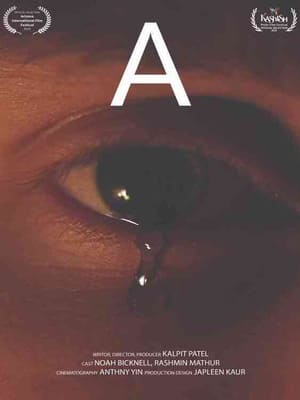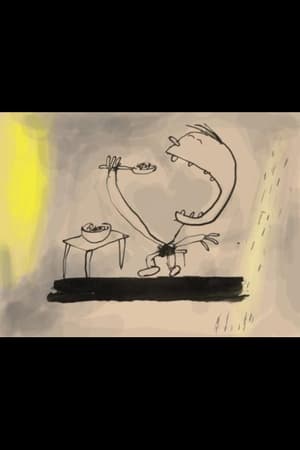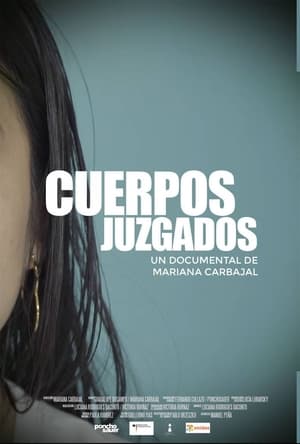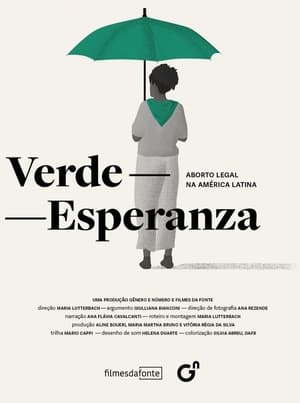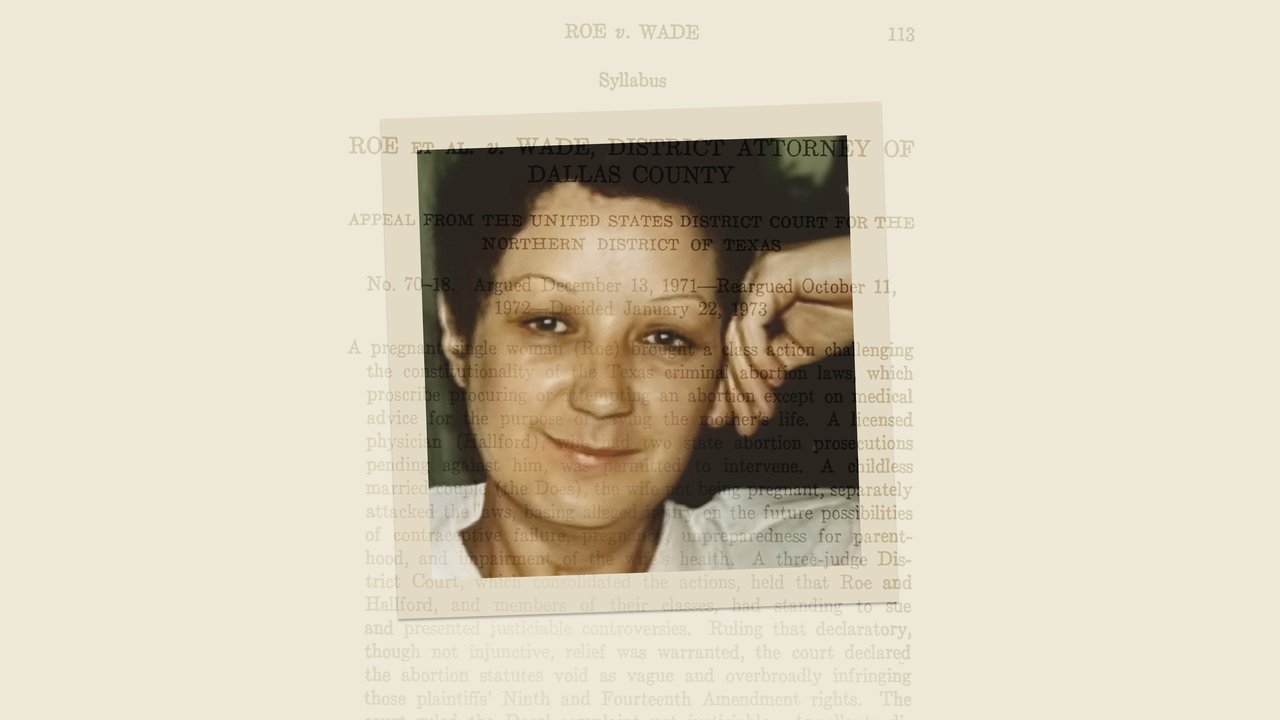
AKA Jane Roe(2020)
Making history was not her choice.
A portrait of Norma McCorvey, the “Jane Roe” whose unwanted pregnancy led to the 1973 case that legalized abortion nationwide, Roe v. Wade. The documentary unravels the mysteries closely guarded by McCorvey throughout her life.




Movie: AKA Jane Roe
Top 10 Billed Cast
Self
Self
Self
Self
Self
Self
Adult Norma
Young Norma
Rita
Video Trailer AKA Jane Roe
Recommendations Movies
 6.9
6.9Old Man Junior(en)
Morbius Jr, now an OId Man, is nearing the end of life, when he finds the last hope for all Morbkind. However, as he fights to protect the future of Morbheads, he finds himself facing off against an unlikely of enemy... HIMSELF.
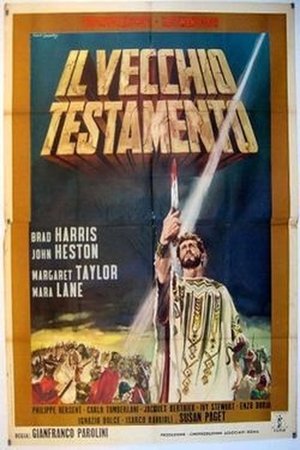 7.7
7.7The Old Testament(it)
The Jews of Jerusalem are driven out by their Syrian rulers. They gather their forces, and return to drive out their oppressors.
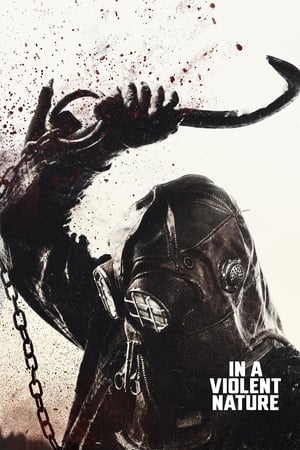 5.7
5.7In a Violent Nature(en)
The enigmatic resurrection, rampage, and retribution of an undead monster in a remote wilderness unleashes an iconic new killer after a locket is removed from a collapsed fire tower that entombed its rotting corpse.
 8.8
8.8The Symphony of Haruhi Suzumiya(ja)
The Symphony of Haruhi Suzumiya or The String Performance of Haruhi Suzumiya (涼宮ハルヒの弦奏 Suzumiya Haruhi no Gensou), was an event featuring several songs and background music used in the The Melancholy of Haruhi Suzumiya anime. All of the songs are performed by the Tokyo Philharmonic Orchestra, and conducted by Phillip Chu, on April 29, 2009.
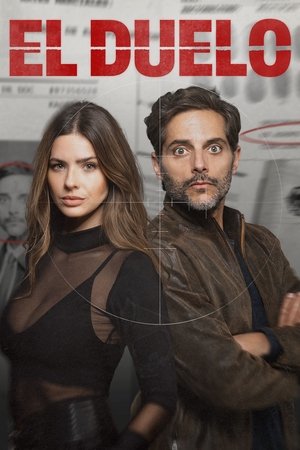 6.1
6.1The Duel(es)
Ernesto lives in depression and decides to hire a hit-man to end his own life. However, his plan takes an unexpected turn when he meets Rita, whose love gives him a new reason to live.
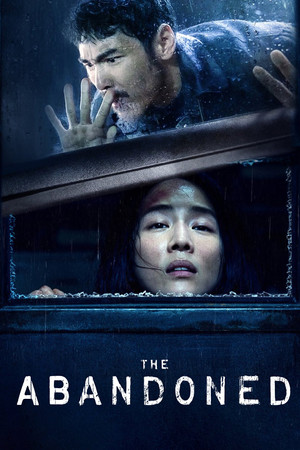 6.3
6.3The Abandoned(zh)
When a mysterious corpse is found in a river, a distressed police officer delves into a string of grisly murders as danger quickly approaches.
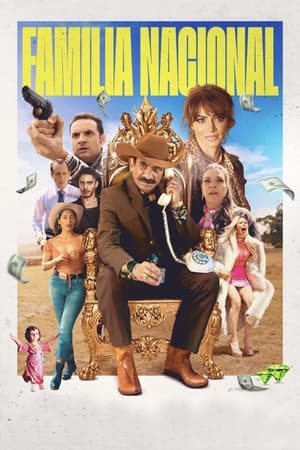 6.7
6.7National Family(es)
Don Poli, the patriarch of a family embedded in politics, faces the change of party in his state - after a hundred years in power - losing all his privileges. Humiliated and angry, he threatens to disinherit his family and leave to rebuild his life. This forces his children (Kippy, Ramses and Belén) to take extreme measures to ensure their future, causing everything that could go wrong to turn out worse.
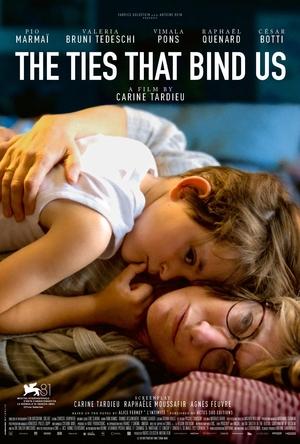 7.2
7.2The Ties That Bind Us(fr)
A young single father trying to find the strength to love. A feminist librarian, single by conviction, who’s decided that she won’t be a mother. A six-year-old child trying to find a place in a new family structure. By revealing their aspirations, their fears, their choices, Carine Tardieu depicts different ways in which humans create families.
 6.6
6.6The Last Rifleman(en)
A WWII veteran escapes his care home in Northern Ireland and embarks on an arduous but inspirational journey to France to attend the 75th anniversary of the D-Day landings, finding the courage to face the ghosts of his past.
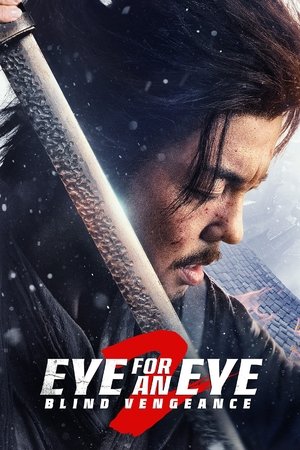 6.3
6.3Eye for an Eye 2(zh)
The blind swordsman, skilled in martial arts, named Cheng Xiazi (Xie Miao), accidentally saves Zhang Xiaoyu (Yang Enyou), who has suffered from the destruction of his family. Under the persuasion of the orphan Xiaoyu, Cheng reluctantly keeps him by his side and teaches him skills. Xiaoyu also waits for the opportunity to seek revenge.
 6.2
6.2Elyas(fr)
Elyas, a former Special Forces soldier who has become paranoid since a mission in Afghanistan, is recruited to ensure the safety of Amina and her daughter Nour, 13 years old, both of whom came from the Middle East for the holidays. As he takes office, Elyas senses something is up.
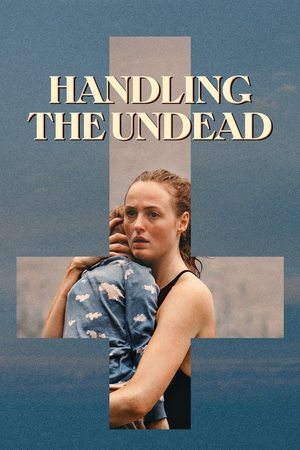 5.9
5.9Handling the Undead(no)
On a hot summer day in Oslo, the dead mysteriously awaken, and three families are thrown into chaos when their deceased loved ones come back to them. Who are they, and what do they want?
 5.9
5.9Station Six-Sahara(en)
A beautiful blonde joins a small group of men running an oil station in the Sahara Desert and starts the emotions soaring.
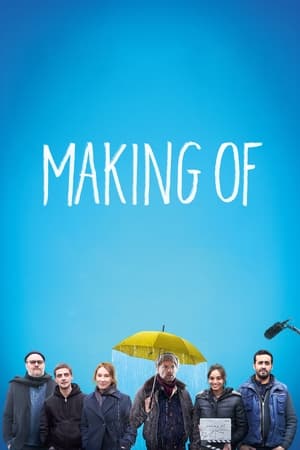 5.6
5.6Making Of(fr)
Simon, a well-known French filmmaker, starts shooting his next film. A story about workers fighting to protect their factory from being relocated. But nothing goes as planned... His producer Viviane wants to rewrite the ending and is threatening to cut the budget; his own crew goes on strike; his personal life is in shambles; and to make things worse, his lead actor Alain is an egocentric jerk. Joseph, an extra who wants to get into the film industry, agrees to direct the making of and shoot the behind-the-scenes. He takes his role very seriously and starts following around the crew, capturing all this mess... What follows is proof that the making of can sometimes be far better than the film itself!
 5.6
5.6The Masked Saint(en)
The journey of a professional wrestler who becomes a small town pastor and moonlights as a masked vigilante fighting injustice. While facing crises at home and at the church, the Pastor must evade the police and somehow reconcile his violent secret identity with his calling as a pastor.
Similar Movies
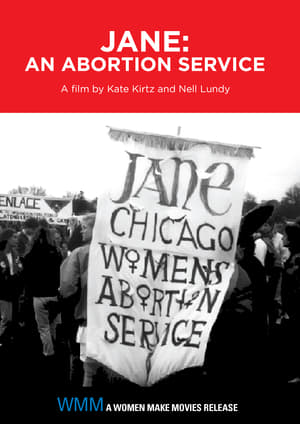 1.0
1.0Jane: An Abortion Service(en)
This fascinating political look at a little-known chapter in women's history tells the story of "Jane", the Chicago-based women's health group who performed nearly 12,000 safe illegal abortions between 1969 and 1973 with no formal medical training. As Jane members describe finding feminism and clients describe finding Jane, archival footage and recreations mingle to depict how the repression of the early sixties and social movements of the late sixties influenced this unique group. Both vital knowledge and meditation on the process of empowerment, Jane: An Abortion Service showcases the importance of preserving women's knowledge in the face of revisionist history. JANE: AN ABORTION SERVICE was funded by the Independent Television Service (ITVS) with funds provided by the Corporation for Public Broadcasting.
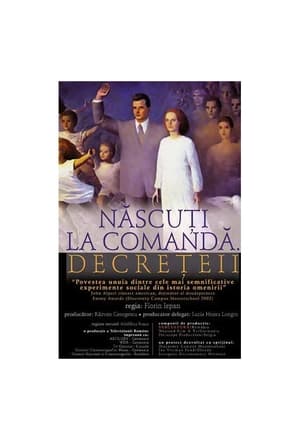 6.0
6.0Children of the Decree(ro)
Procreation is the social duty of all fertile women, was the political thinking during the 1960s and 1970s in Romania. In 1966, Ceaucescu issued Decree 770, in which he forbade abortion for all women unless they were over forty or were already taking care of four children. All forms of contraception were totally banned. The New Romanian Man was born. By 1969, the country had a million babies more than the previous average. Romanian society was rapidly changing. By using very interesting archival footage and excerpts from old fiction films and by interviewing famous personalities from that time – gynecologists or mothers who were part of the new society - the director revives this period of tremendous oppression of personal freedom. Many deaths were caused by the mere fact that women, including wives of secret Romanian agents, famous TV presenters, and actresses, had to undergo illegal abortions. Many women were jailed for having them.
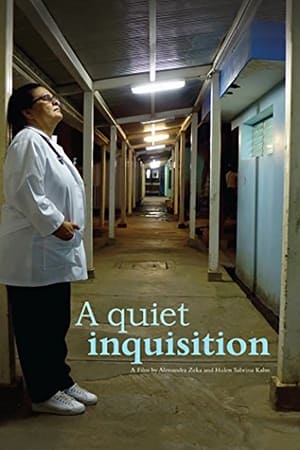 8.0
8.0A Quiet Inquisition(es)
At a public hospital in Nicaragua, Ob/Gyn Dr. Carla Cerrato must choose between following a law that bans all abortions and endangers her patients or taking a risk and providing the care that she knows can save a woman's life. In 2007, Dr. Cerrato’s daily routine took a detour. The newly elected government of Daniel Ortega, a former Marxist revolutionary who converted to Catholicism to win votes, overturned a 130-year-old law protecting therapeutic abortion. The new law entirely prohibits abortion, even in cases of rape, incest, or when a woman’s life is at stake. As Carla and her colleagues navigate this dangerous dilemma, the impact of this law emerges—illuminating the tangible reality of prohibition against the backdrop of a political, religious, and historically complex national identity. The emotional core of the story—the experiences and situations of the young women and girls who are seeking care—illustrate the ethical implications of one doctor's response.
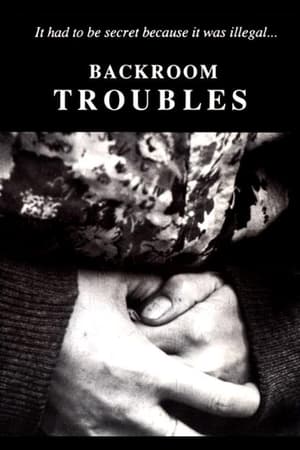 0.0
0.0Backroom Troubles(en)
Women talk about the circumstances that drove them to seek illegal abortions and the often traumatic result. Interwoven with historical photographs and newsreel footage, the stories expose how the reality of women's lives were counterposed to what was socially and morally expected of them.
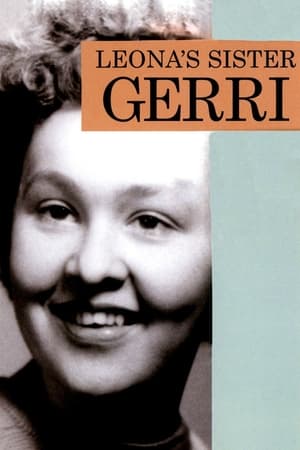 6.4
6.4Leona's Sister Gerri(en)
Millions have seen the photograph, and no one who has seen it will ever forget it. A naked woman, dead from a botched illegal abortion, lying on a motel room floor. The picture appeared in Ms. Magazine in April 1973, and quickly became a symbol for the abortion rights movement. LEONA'S SISTER GERRI tells the dramatic story of Gerri Santoro, a mother of two and the "real person" in the now famous photo. Should the media have used this image? What circumstances led to Gerri's tragic death? Powerfully addressing issues of reproductive rights and domestic violence, this video is a moving portrait of Gerri Santoro's life and society's response to her death.
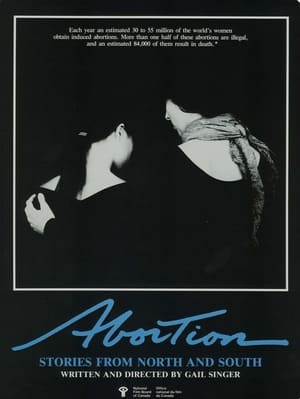 0.0
0.0Abortion: Stories from North and South(en)
Women have always sought ways to terminate unwanted pregnancies, despite powerful patriarchal structures and systems working against them. This film provides a historical overview of how church, state and the medical establishment have determined policies concerning abortion. From this cross-cultural survey--filmed in Ireland, Japan, Thailand, Peru, Colombia, and Canada--emerges one reality: only a small percentage of the world's women has access to safe, legal operations.
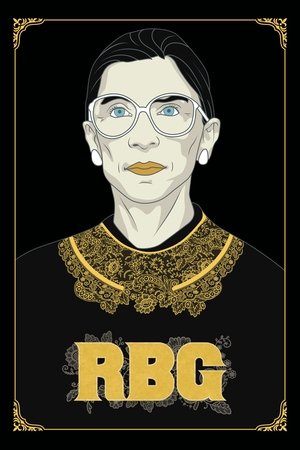 7.5
7.5RBG(en)
Justice Ruth Bader Ginsburg now 84, and still inspired by the lawyers who defended free speech during the Red Scare, Ginsburg refuses to relinquish her passionate duty, steadily fighting for equal rights for all citizens under the law. Through intimate interviews and unprecedented access to Ginsburg’s life outside the court, RBG tells the electric story of Ginsburg’s consuming love affairs with both the Constitution and her beloved husband Marty—and of a life’s work that led her to become an icon of justice in the highest court in the land.
 6.9
6.9Seeing Allred(en)
Gloria Allred overcame trauma and personal setbacks to become one of the nation’s most famous women’s rights attorneys. Now the feminist firebrand takes on two of the biggest adversaries of her career, Bill Cosby and Donald Trump, as sexual violence allegations grip the nation and keep her in the spotlight.
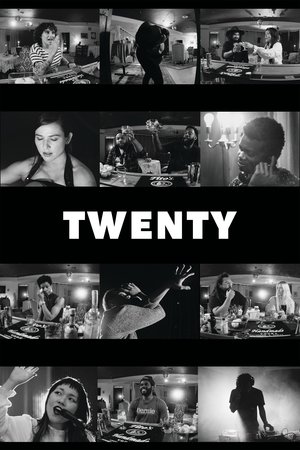 0.0
0.0Twenty(en)
Set in a speakeasy in Atlanta, “Twenty” is a feature documentary about fifteen young people making it through 2020. The film is an observational time capsule that lays bare the raw reflections of a group of people surviving a year that will be seared into our generational memory.
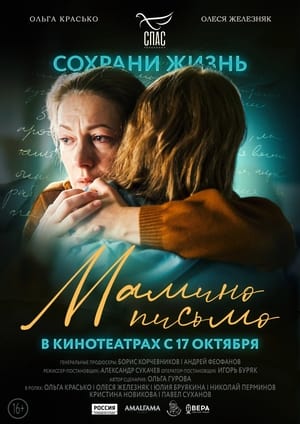 5.5
5.5Mom's Letter(ru)
The mother and daughter face the question of whether to keep the pregnancy or terminate it. Both are under pressure from relatives, friends, and doctors. Both are going through a difficult decision-making process. Each episode of the artistic part shows the life circumstances and the path that a woman in a crisis situation goes through. In documentary inserts, representatives of various professions (psychologists, lawyers, gynecologists, clergymen) tell how they face the problem of abortion in their lives.
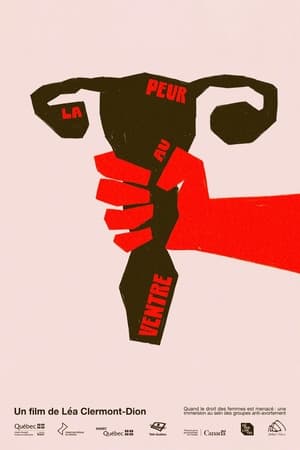 8.0
8.0La peur au ventre(fr)
Exploring the rise of anti-abortion groups in Canada, the filmmaker also presents the feminist and pro-choice response that is being organized across the country.
 0.0
0.0Libres de choisir(fr)
The film delves into the reality of frontline workers who protect the right to abortion, an unprecedented access. Their stories are accompanied by powerful testimonies from women who have experienced a termination of pregnancy, breaking the silence and isolation.
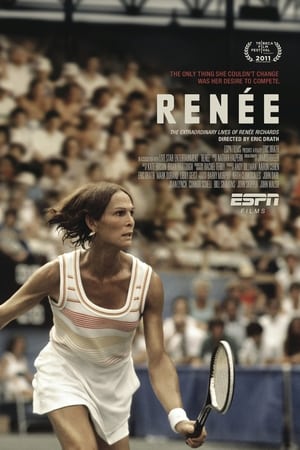 4.9
4.9Renée(en)
"Renee" tells the story of Renee Richards' battle to enter the 1977 U.S. Open as the first transgender tennis player. Simultaneously, it follows her today as she struggles to cope with a life of contradictions and personal conflict. Through interviews with tennis legends, family, friends and experts from the transgender field, a story of perseverance, breakthrough and hardship unfolds.
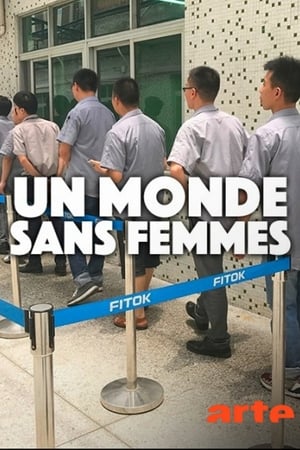 5.0
5.0Bloß keine Tochter!(de)
Almost 200 million women are "missing" in Asia - the result of targeted abortion of girls and dubious population policies. An investigative documentary about women who are not allowed to have daughters, about desperate attempts by men to find a wife somewhere, and about the abuse of women as pawns of politics and business.
 7.3
7.3Reversing Roe(en)
Documentary that delves deep into the history of abortion law, revealing the contradictory ways in which women's bodies have been used to further political and ideological agendas.
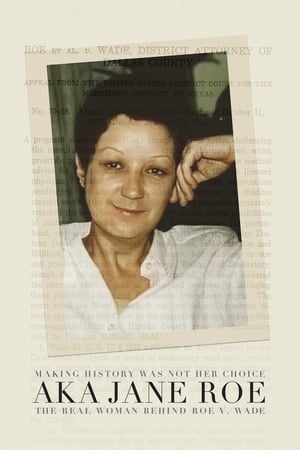
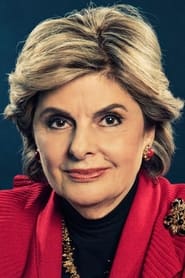
![AKA Jane Roe | Official Trailer [HD] | FX](https://img.youtube.com/vi/hPZGQkWi60c/sddefault.jpg)

